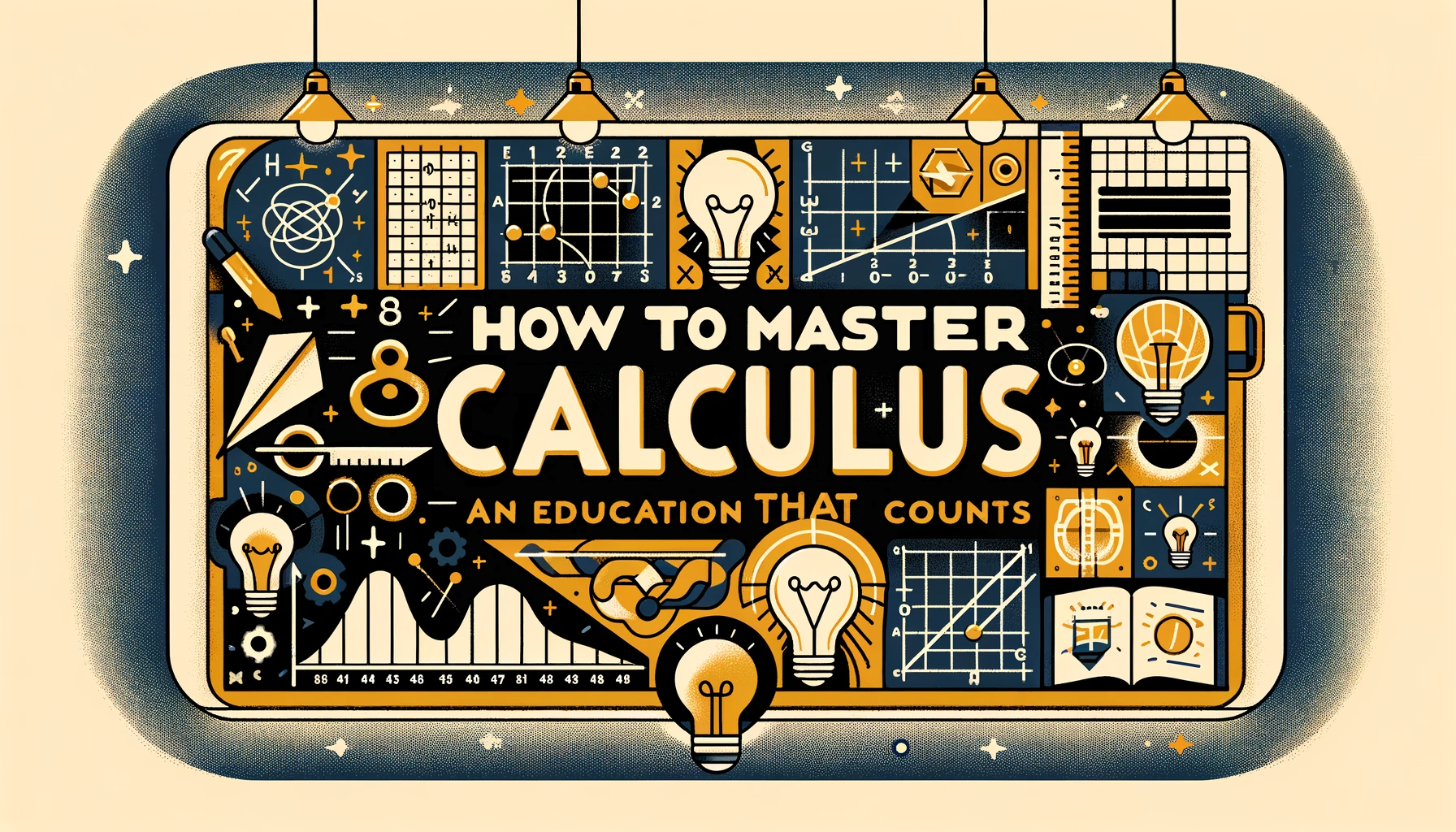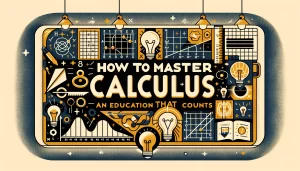Introduction: Understanding the Challenge of Conceptual Linking in Calculus
For parents watching their child navigate the complexities of calculus, understanding the significance of conceptual linkages is crucial. As they observe their child, like 16-year-old Emily, trying to grasp the interconnectedness of calculus concepts, the challenge becomes apparent. Calculus is not just a series of isolated topics; it’s a tapestry where each concept builds upon the previous, forming a cohesive whole. This interconnected nature of calculus can be daunting for students who struggle to see the bigger picture, leading to gaps in understanding and application.
The Importance of Conceptual Understanding
In calculus, rote memorization of formulas and procedures is not enough. True mastery comes from understanding how different concepts are interrelated. For example, knowing how a derivative represents a rate of change and how this concept is pivotal in understanding integrals is essential. Without grasping these connections, students like Emily can find themselves lost, unable to apply what they’ve learned to solve complex problems.
Identifying Gaps in Knowledge
One of the first steps in helping a student struggling with calculus is to identify gaps in their conceptual understanding. Parents can assist by reviewing homework and test results with their children, looking for patterns in errors that might indicate a deeper misunderstanding. Encouraging Emily to explain concepts in her own words can also be revealing, highlighting areas where her understanding may be incomplete.
Creating a Foundation with Pre-Calculus Concepts
A strong foundation in pre-calculus concepts is crucial for success in calculus. Many calculus concepts are extensions of ideas first introduced in algebra and trigonometry. Ensuring that Emily has a solid grasp of these foundational topics is key to her understanding of more complex calculus concepts. It may require revisiting some of these earlier topics to reinforce her understanding.
Fostering an Environment for Open Discussion
Creating an environment where Emily feels comfortable discussing her challenges with calculus is essential. Open communication can help parents understand where she is struggling and provide targeted support. Encouraging her to ask questions, no matter how basic they may seem, can help clarify misunderstandings and reinforce her conceptual understanding.
Utilizing Visual Aids and Real-World Examples
Visual aids such as graphs, diagrams, and online interactive tools can be invaluable in making abstract calculus concepts more tangible. Real-world examples that apply calculus concepts can also help Emily see the relevance of what she is learning, making the material more engaging and easier to comprehend.
The Role of a Skilled Tutor
Sometimes, the guidance of a skilled calculus tutor can make a significant difference. A tutor who can explain concepts clearly and make connections between different areas of calculus can be instrumental in Emily’s understanding. They can provide personalized instruction tailored to her specific needs and learning style.
Leveraging Technology and Digital Resources
There are numerous digital resources available that can aid in conceptual learning. Online platforms offer interactive tutorials, video lessons, and practice problems that can reinforce Emily’s understanding of calculus concepts. These resources can supplement her classroom learning and provide alternative explanations that might resonate more with her.
The Math Thought Program: A Comprehensive Approach
The Math Thought Program offers a comprehensive approach to learning calculus, focusing on building strong conceptual linkages. The program’s tutors are adept at identifying gaps in understanding and providing instruction that connects all the dots in the calculus curriculum. Their approach ensures that students don’t just memorize procedures but truly understand the concepts at play.
Conclusion: Empowering Students Through Conceptual Clarity
For parents committed to helping their child succeed in calculus, focusing on building strong conceptual linkages is key. By supporting Emily in developing a deep, interconnected understanding of calculus concepts, parents can empower her to not only excel in her current course but also lay a strong foundation for future mathematical endeavors. The Math Thought Program can be a valuable partner in this journey, providing the expertise and resources needed to achieve conceptual clarity and success in calculus.





